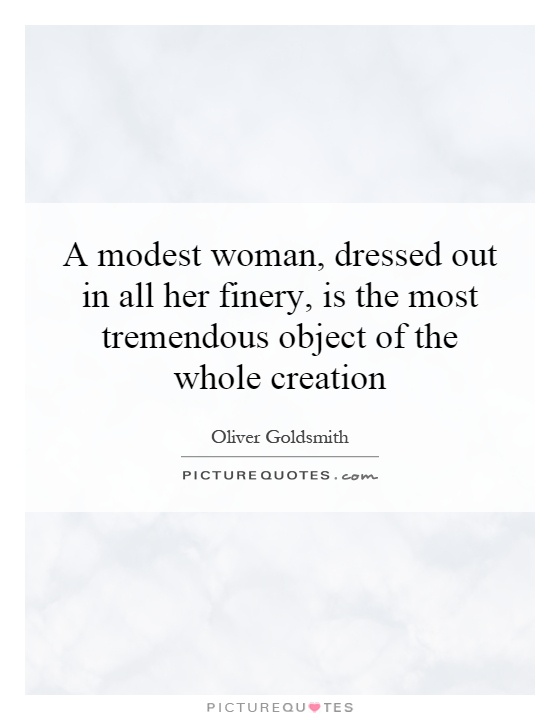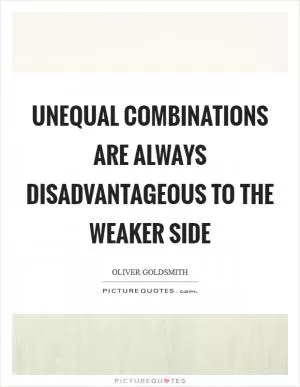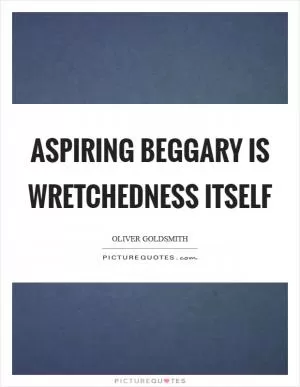A modest woman, dressed out in all her finery, is the most tremendous object of the whole creation

A modest woman, dressed out in all her finery, is the most tremendous object of the whole creation
Oliver Goldsmith, an Irish writer and poet, was known for his keen observations of human nature and society. In his works, he often explored the complexities of human behavior and the societal norms that govern our interactions. One of his most famous quotes, "A modest woman, dressed out in all her finery, is the most tremendous object of the whole creation," speaks to the power and beauty of modesty in a world that often values extravagance and ostentation.Goldsmith's statement highlights the idea that true beauty lies not in outward appearances or material possessions, but in the virtue of modesty and humility. A woman who carries herself with grace and dignity, regardless of her attire or social status, is a truly awe-inspiring sight. In a society that often equates beauty with wealth and status, Goldsmith's words serve as a reminder that true beauty comes from within.
The image of a modest woman dressed in her finest clothes evokes a sense of elegance and sophistication. It suggests that true beauty is not about flaunting one's wealth or possessions, but about carrying oneself with poise and grace. In a world that is often obsessed with materialism and superficiality, Goldsmith's words offer a refreshing perspective on what it means to be truly beautiful.
Furthermore, Goldsmith's statement can also be seen as a commentary on the nature of power and influence. A modest woman who exudes confidence and self-assurance can command the attention and respect of those around her, regardless of her outward appearance. In a world that often values loudness and brashness, Goldsmith's words remind us of the quiet strength and dignity that comes from modesty.
Overall, Goldsmith's quote serves as a powerful reminder of the importance of humility and modesty in a world that often values extravagance and showmanship. It challenges us to look beyond outward appearances and material possessions and to appreciate the true beauty that lies within each of us. In a society that is often driven by superficiality and materialism, Goldsmith's words offer a timeless message of grace and elegance.












 Friendship Quotes
Friendship Quotes Love Quotes
Love Quotes Life Quotes
Life Quotes Funny Quotes
Funny Quotes Motivational Quotes
Motivational Quotes Inspirational Quotes
Inspirational Quotes